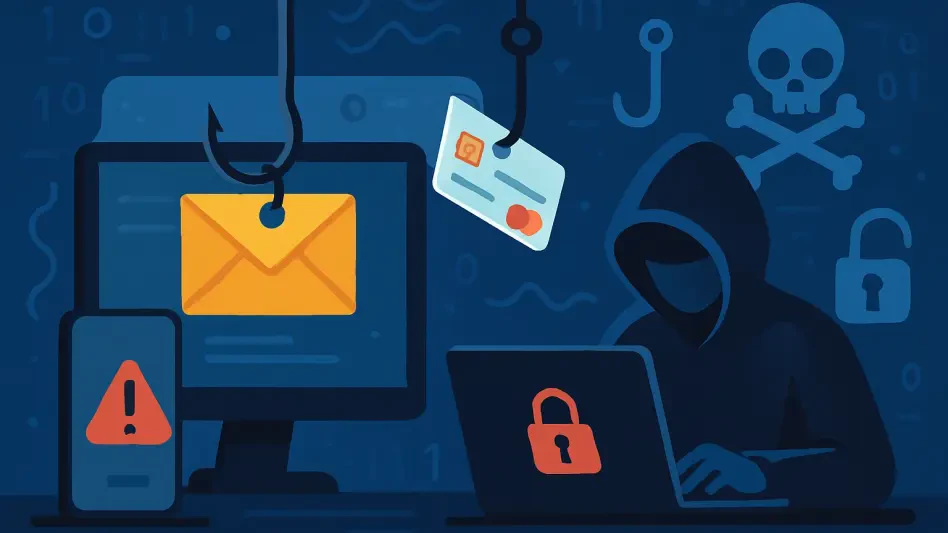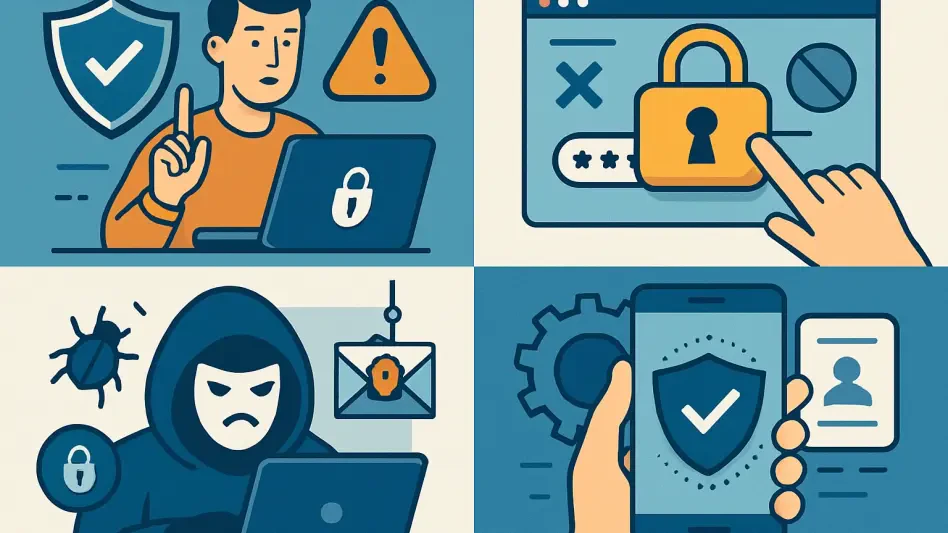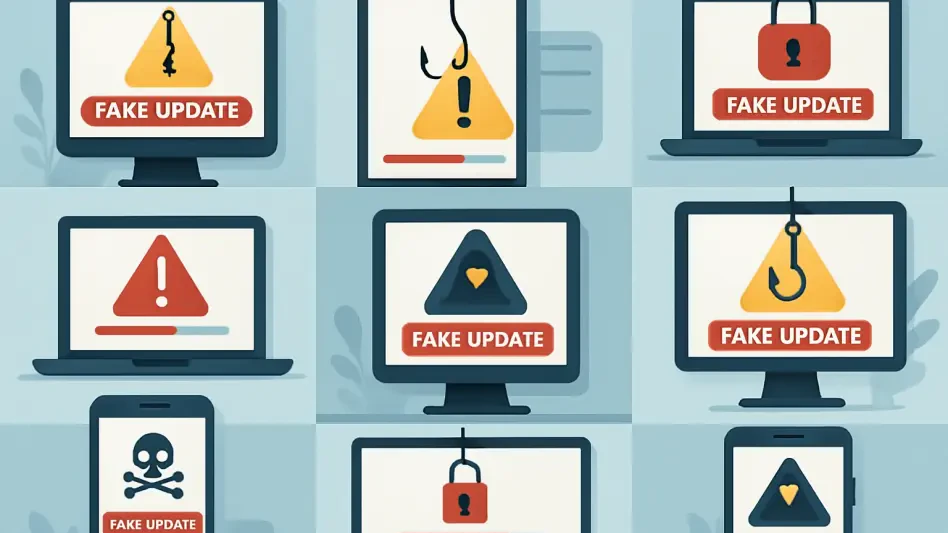Imagine ordering your favorite meal from your go-to food delivery service, and days later finding out that your personal information, including your email address, phone number, and part of your credit card data, has been compromised. This scenario is what many GrubHub users faced due to a recent data breach. The cyber attack, which exploited a third-party service provider’s account, has raised serious concerns about the safety and security of personal information shared with food delivery platforms.
Immediate Response and Mitigation
Actions Taken by GrubHub
As soon as GrubHub detected the security breach, it took swift action to mitigate the damage and prevent further unauthorized access. They disabled the compromised account of the third-party contractor, immediately changed passwords, and sought the expertise of an external cyber forensics team. These steps were crucial to ensure that the attacker could no longer exploit the same vulnerability.
GrubHub also implemented additional anomaly detection systems aimed at identifying unusual activities, which could signal further attacks. This proactive measure is designed to enhance the platform’s security and monitor real-time user behavior for suspicious actions. Despite these efforts, it was reported that the attacker managed to access hashed passwords and certain legacy systems. As a result, GrubHub advised all its users to update their passwords as an extra precautionary step to safeguard their accounts.
The Scope of the Breach
The extent of the breach remains vague, as there is uncertainty regarding the exact number of affected individuals, the timing of the attack, and the identity of the hacker. Interestingly, no demands for ransom have been reported, which might suggest varying motives behind the cyber intrusion. This ambiguity places additional stress on users and stakeholders who are left grappling with unanswered questions regarding their data security.
Understanding the breach’s impact is critical for all parties involved. Those who rely on the service—whether customers, merchants, or drivers—are encouraged to stay informed about the best practices for maintaining online security and vigilant for any signs of phishing attempts. The breach serves as a stark reminder of the potential risks associated with third-party partnerships and highlights the need for robust cybersecurity frameworks to manage outsourced services effectively.
Broader Implications for the Industry
Impact on Food Delivery Services
The GrubHub data breach is not an isolated incident, as food delivery services have increasingly become prime targets for cyber attacks. This trend can be attributed to the vast amount of personal and financial information that these platforms handle daily. Notable past incidents include breaches involving Liefrando, Delivery Hero, and DoorDash, further underscoring the vulnerability of the sector to cyber threats.
In addition to causing immediate financial damages and operational disruptions, such breaches erode consumer trust, which can have long-lasting repercussions on a company’s reputation. Food delivery services must recognize that traditional reactive security measures are insufficient to tackle the complex and evolving nature of contemporary cyber threats. Consequently, companies are urged to invest in state-of-the-art cybersecurity solutions that prioritize proactive threat detection and swift response mechanisms.
Necessity of Third-Party Risk Management
The GrubHub incident has amplified the significance of stringent third-party risk management. Third-party vendors and contractors often have access to sensitive data and critical systems, which inadvertently broadens the attack surface of the primary service provider. Thus, it becomes imperative to conduct comprehensive due diligence when selecting third-party partners and ensure they adhere to the highest standards of cybersecurity.
Implementing robust multi-factor authentication (MFA) protocols and conducting regular security audits are essential practices that can mitigate the risk of breaches through third-party channels. Real-time data monitoring and collaboration across the supply chain can also play a pivotal role in identifying and thwarting potential threats before they materialize into significant breaches. Ultimately, a holistic approach to cybersecurity that encompasses all links in the supply chain is essential for safeguarding sensitive information.
The Path Forward
Lessons Learned from the GrubHub Breach
The GrubHub data breach offers critical lessons for the entire food delivery industry, emphasizing the urgent need to shift from reactive to proactive security strategies. Businesses must adopt a comprehensive risk management framework that prioritizes not just internal security but also the security protocols of third-party service providers. Enhanced security controls, regular security assessments, and employee training programs are just some of the key measures that can strengthen an organization’s cyber defense.
Furthermore, it is vital for companies to stay abreast of the latest cybersecurity trends and continuously update their security measures to counter emerging threats. Collaboration among industry peers and sharing of threat intelligence can also prove beneficial in collectively enhancing security postures. The ultimate goal is to build a resilient infrastructure capable of withstanding and rapidly recovering from cyber incidents.
Future Considerations
Imagine placing an order for your favorite meal using your preferred food delivery service, only to learn days later that your personal details, including your email address, phone number, and parts of your credit card information, have been compromised. This unsettling situation is exactly what many GrubHub users experienced recently, following a significant data breach. A cyber attack targeted a third-party service provider, which in turn exposed the personal information of numerous customers who trusted the platform with their data.
This event has brought to light serious concerns regarding the protection and security of personal information on food delivery platforms. In an era where digital convenience is paramount, ensuring the safety of customers’ sensitive information is critical. Companies like GrubHub will need to reevaluate their security measures and work diligently to prevent such breaches in the future. It is a stark reminder for users to remain vigilant about the security of their personal data when using online services and to consider the potential risks involved.







